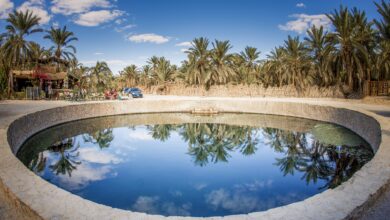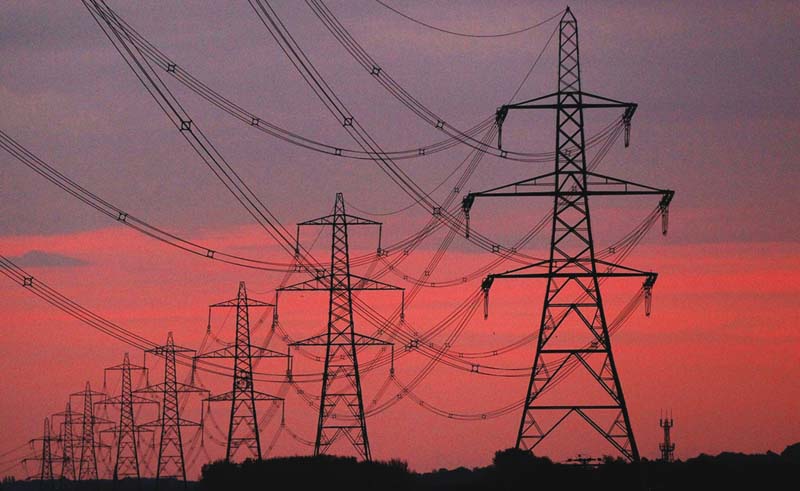Several recent government initiatives to address the growing electricity crisis involve bans on decorative lights on buildings, in streets, and in stores.
In passing the legislation, the government aims to combat what it terms as unnecessary, excessive consumption, but the restrictions coincided with the advent of Ramadan–a month when electricity usage typically soars–and are not universally welcomed.
“I was surprised by the government’s decision banning ornamental lights in the streets, because they give a joyful atmosphere to Ramadan,” said Shobra resident Amad Abdel-Fattah, who said his neighborhood seems lifeless and colorless without the decorations this Ramadan.
Abdel-Fattah questioned why only certain areas are subject to these restrictions. “You can find a lot of areas in Zamalek and Mohandessin which are still keeping street illuminations,” he said.
Minister of Electricity and Energy Hassan Younis recently announced that strict repercussions will face those who disregard the restrictions.
Since the start of Ramadan, 6000 light bulbs have been confiscated by the government throughout Cairo.
Adel Azmy, a lantern shop owner, said he traditionally decorates his store with light bulbs and display lanterns, beginning two weeks before Ramadan. The decorations, Azmy said, attract clients. But after the government implemented the restrictions, Azmy heeded the injunction. “I kept my lanterns inside the shop in order to avoid confiscating them by the police like what happened with many other sellers.”
Azmy hopes the government will reverse this decision because decorative lighting in streets and stores is one of Ramadan’s traditions. The decorations, Azmy said, spread happiness.
According to minister Younis' statement, the government is decreasing Egypt's electricity consumption by halving both street lighting and lighting in government institutions.
Moreover, a new campaign has been launched on the Ministry of Electricity and Energy website to encourage citizens to reduce household electricity consumption.
“I am concerned about the electricity shortage, but I cannot follow the government’s guidance on reducing electricity consumption,” Cairo resident Anwar Marzooq confessed.
Ramadan this year falls in summer, Marzooq explained, so people cannot stop using air conditioning. “Besides, it was well known that the weather would be hot this Ramadan, so the government should have had in hand a better plan to strengthen the national electricity grid.”
Egypt experienced prolonged power cuts throughout July, but the government said the cuts would stop temporarily during Ramadan.
However, according to Nermeen Mohsen, Nasr city is still suffering frequent power outrages. “We expected that electricity cuts would be suspended until the end of Ramadan, but they weren't,” she said.
Mohsen said that Egyptians have been eagerly waiting to watch their favorite Ramadan TV shows, and the use of air conditioners is indispensable this year in order to bear fasting in the hot weather. Therefore, she said, the government should have other means to boost electricity.




